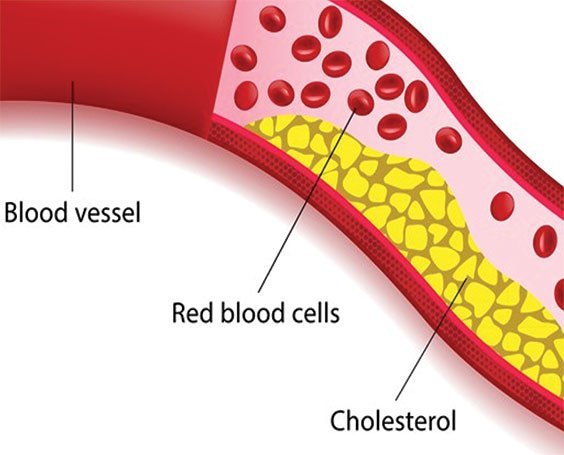Introduction:
Cholesterol, a fatty substance essential for bodily functions, plays a pivotal role in building cell membranes and producing hormones. However, an imbalance in cholesterol levels can lead to various health issues, particularly cardiovascular diseases. Recent research has shed light on the intricate relationship between stress and cholesterol levels, unveiling how chronic stress can significantly impact lipid profiles and contribute to cardiovascular risks.
Understanding Cholesterol:
Before delving into the stress-cholesterol connection, it’s crucial to comprehend the two main types of cholesterol: low-density lipoprotein (LDL) and high-density lipoprotein (HDL). LDL, often referred to as “bad” cholesterol, transports cholesterol to cells but can lead to plaque buildup in arteries. HDL, or “good” cholesterol, helps remove excess cholesterol from the bloodstream, reducing the risk of artery blockages.
Stress and Cholesterol: The Biochemical Connection:
When the body encounters stress, it activates the “fight or flight” response, triggering the release of stress hormones such as cortisol and adrenaline. While these hormones are essential for short-term survival, chronic stress can lead to prolonged elevation of cortisol levels. Research suggests that sustained high cortisol levels can influence cholesterol metabolism through several mechanisms:
Increased LDL Production:
Chronic stress has been linked to an increase in the production of LDL cholesterol. The body’s response to stress may enhance the synthesis of triglycerides and LDL, contributing to elevated levels of circulating “bad” cholesterol.
Altered Lipid Storage and Distribution:
Stress-induced cortisol release can affect lipid storage and distribution in the body. Abnormal lipid distribution may result in higher levels of LDL cholesterol in the bloodstream, fostering atherosclerosis and cardiovascular disease.
Impaired HDL Functionality:
Prolonged stress can compromise the functionality of HDL cholesterol. Research indicates that chronic stress may reduce the effectiveness of HDL in removing excess cholesterol from arterial walls, potentially increasing the risk of plaque formation.
Unhealthy Lifestyle Choices:
Stress often triggers unhealthy coping mechanisms, such as poor dietary choices, sedentary behavior, and smoking. These lifestyle factors can independently contribute to elevated cholesterol levels and synergistically amplify the cardiovascular risks associated with chronic stress.
Clinical Evidence and Studies:
Numerous studies have explored the stress-cholesterol relationship, providing compelling evidence of their interconnectedness. For instance, a study published in the “Journal of Psychosomatic Research” in 2019 found that work-related stress was associated with unfavorable lipid profiles, including higher levels of LDL cholesterol.
Furthermore, a meta-analysis published in the “Annals of Behavioral Medicine” in 2020 reviewed multiple studies and confirmed the link between chronic stress and adverse changes in lipid metabolism, emphasizing the need for stress management as a preventive measure for cardiovascular diseases.
Conclusion:
The relationship between stress and cholesterol levels is a complex interplay of biochemical, hormonal, and lifestyle factors. Recognizing the impact of chronic stress on lipid profiles is crucial for comprehensive cardiovascular risk management. Individuals are encouraged to adopt stress-reducing strategies such as regular exercise, mindfulness practices, and social support to mitigate the adverse effects of stress on cholesterol levels and promote overall heart health. As our understanding deepens, addressing stress becomes not only a mental health imperative but also a crucial component of cardiovascular disease prevention.

